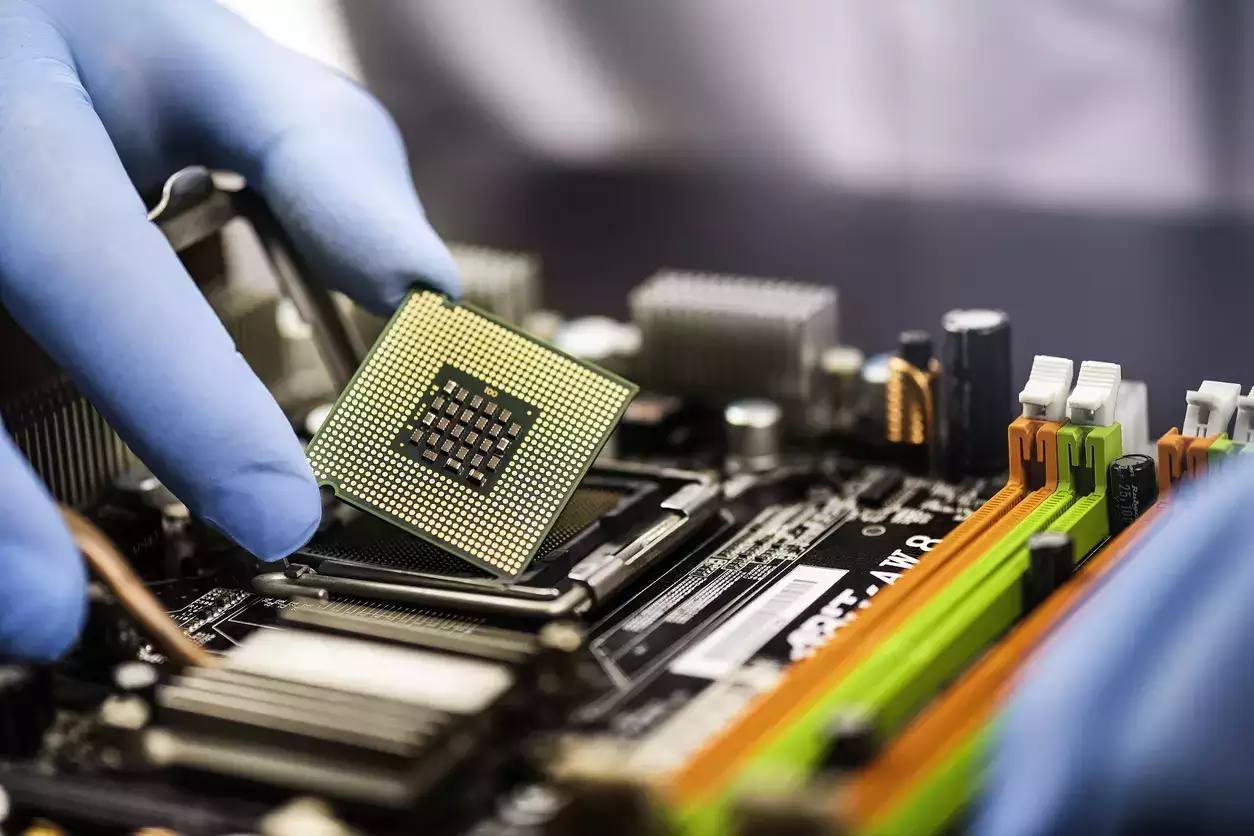In a recent development, according to a report from the Nikkei newspaper, Japan is gearing up to implement a strategic economic policy designed to bolster domestic industries while enhancing economic security. This entails the introduction of tax incentives for domestically-produced electric vehicle (EV) batteries and semiconductors, set to take effect in April 2024. This move follows a global trend observed in both the United States and the European Union, where comparable policies have been established to encourage companies to repatriate production from China, thus fostering a more resilient and self-reliant industrial landscape.
With an eye on advancing its energy transition goals, Japan’s plan to introduce tax breaks for EV batteries and semiconductors represents a multifaceted approach. By supporting the manufacturing of critical components domestically, the country aims to not only bolster its economic security but also contribute to the global shift towards sustainable transportation through electric vehicles.
As part of the proposed changes to the government’s fiscal 2024 tax code, the Ministry of Economy, Trade and Industry will present the concept of reduced taxation for companies engaged in the strategic production of essential items within Japan. Drawing parallels with the U.S. Inflation Reduction Act, this envisioned scheme envisions the reduction of corporate taxes based on the output of electric vehicle batteries and semiconductor chips. The Ministry is expected to finalize the specifics, including the list of applicable items, by the end of the current year.
It’s worth noting that Japan traditionally revises its tax code each spring, following the political consensus reached within the ruling coalition. The culmination of these deliberations takes place in December, thereby setting the direction for the upcoming year’s economic policies.
Furthermore, in a bid to ensure robust supply chains for vital goods, Japan has taken additional measures such as offering substantial subsidies amounting to billions of dollars to attract semiconductor manufacturers like Taiwan Semiconductor Manufacturing and Micron Technology to establish production facilities within the country. This approach aligns with Japan’s broader efforts to safeguard its access to critical technologies and materials, as evidenced by the enactment of the Economic Security Promotion Act in the previous year.
Japan’s proactive approach to incentivizing the domestic production of electric vehicle batteries and semiconductors underscores its commitment to economic resilience, technological sovereignty, and sustainable innovation. By aligning its strategies with international trends and introducing targeted policy changes, Japan aims to fortify its position in an evolving global economic landscape while contributing to the advancement of environmentally-friendly technologies.





